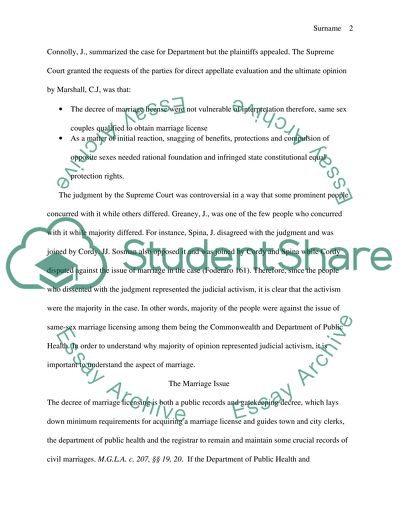Cite this document
(“Business Law Research Paper Example | Topics and Well Written Essays - 1500 words”, n.d.)
Business Law Research Paper Example | Topics and Well Written Essays - 1500 words. Retrieved from https://studentshare.org/law/1439235-business-law-research-paper
Business Law Research Paper Example | Topics and Well Written Essays - 1500 words. Retrieved from https://studentshare.org/law/1439235-business-law-research-paper
(Business Law Research Paper Example | Topics and Well Written Essays - 1500 Words)
Business Law Research Paper Example | Topics and Well Written Essays - 1500 Words. https://studentshare.org/law/1439235-business-law-research-paper.
Business Law Research Paper Example | Topics and Well Written Essays - 1500 Words. https://studentshare.org/law/1439235-business-law-research-paper.
“Business Law Research Paper Example | Topics and Well Written Essays - 1500 Words”, n.d. https://studentshare.org/law/1439235-business-law-research-paper.


